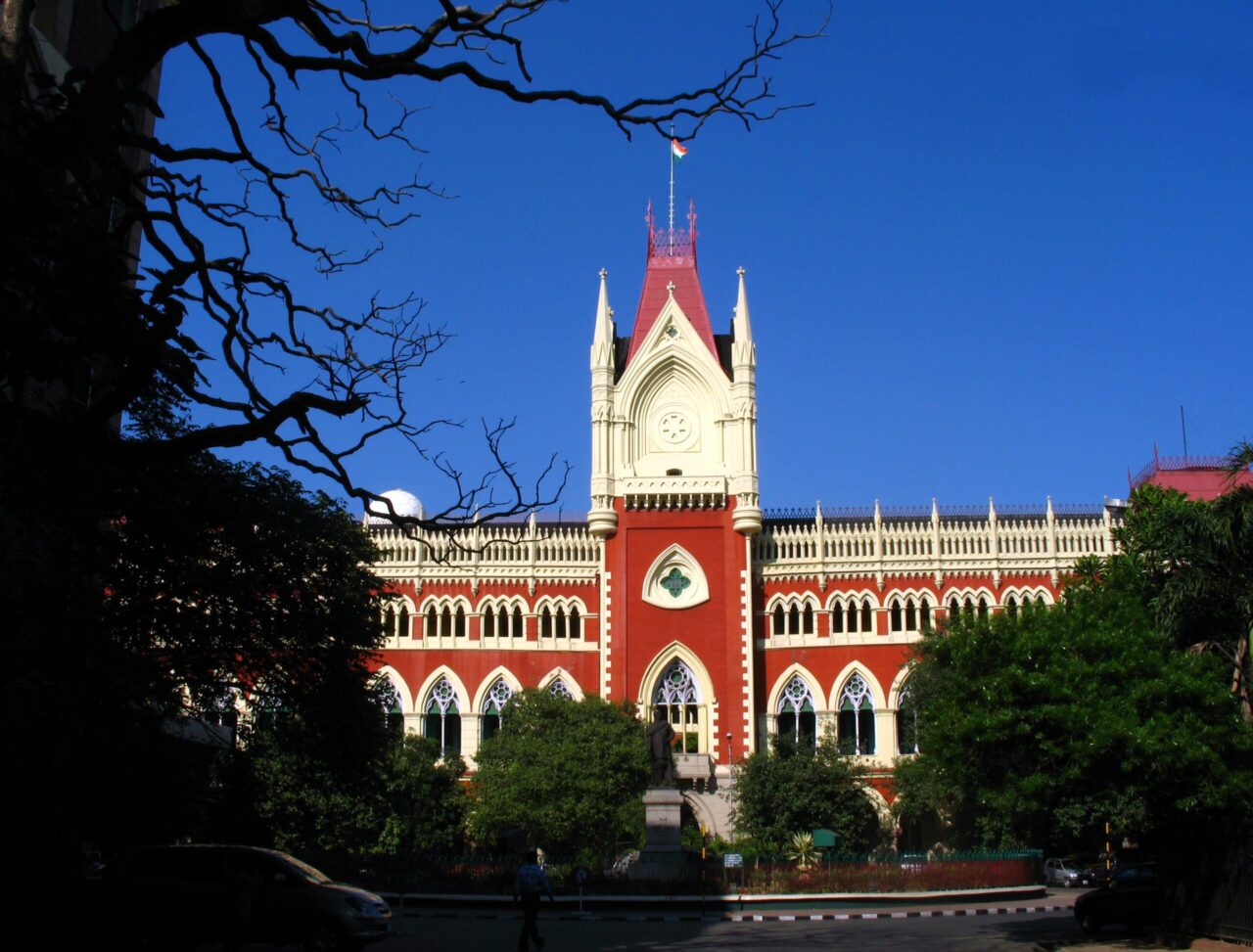Case Title: Minati Bhadra & Ors. Vs Dilip Kr. Bhadra & Ors.
Case No: S.A. 406 of 2016
Decided on: 19th October, 2023
CORAM: Hon’ble Justice Siddhartha Roy Chowdhury
Facts of the Case
This appeal challenges the judgement and decree passed by learned Additional District Judge, 1st Court, Jangipur, Murshidabad.
The plaintiff, son of Chabi Rani Bhadra and Aswini Bhadra, filed the suit for partition stating, inter alia, that Chabi Rani Bhadra was the original owner of the suit property which was acquired by purchase and Chabi Rani died intestate on 15th March, 1984 and she was survived by her husband Aswini and son Dilip Kumar Bhadra who thus acquired the property by inheritance.
Aswini Bhadra entered into her second marriage. His second wife, Minati Bhadra, bears him two children: a son named Swadhin Kumar Bhadra and a daughter named Payel Munmun Bhadra. Following the birth of defendant no. 3, Swadhin Kumar Bhadra, the plaintiff’s stepmother’s conduct towards him underwent a radical transformation, and she began inciting Aswini against the plaintiff. Aswini Kumar Bhadra passed away on March 12, 2003, leaving behind his widow, defendant number 1, and plaintiff and defendant number 3, who were his sons and defendant number 2, who was his sole daughter.
After the demise of Chabi Rani Bhadra the plaintiff acquired the half share in the suit property and he acquired 1/8th share by way of inheritance after the demise of Aswini Kumar Bhadra. Seeking peaceful co-ownership with the defendants failed due to their denial of his rights. Defendant 1 claims sole ownership through a purchase.
According to defendants, the plaintiff was not the biological son of Chabi Rani Bhadra, but was the son of Ashwini’s elder brother.
Legal Provisions
Section 50 of the Indian Evidence Act, 1872 –
Opinion on relationship, when relevant.—When the Court has to form an opinion as to the relationship of one person to another, the opinion, expressed by conduct, as to the existence of such relationship, or any person who, as a member of the family or otherwise, has special means of knowledge on the subject, is a relevant fact: Provided that such opinion shall not be sufficient to prove a marriage in proceedings under the Indian Divorce Act, 1869 (4 of 1869) or in prosecutions under section 494, 495, 497 or 498 of the Indian Penal Code (45 of 1860). Illustrations
- The question is, whether A and B were married. The fact that they were usually received and treated by their friends as husband and wife, is relevant.
- The question is, whether A was the legitimate son of B. The fact that A was always treated as such by members of the family, is relevant. Comments Contradiction in evidence of relationship of witness of triffle nature, not material in a partition suit; Gowhari Das v. Santilata Singh, AIR 1999 Ori 61.
Section 35 of the Indian Evidence Act, 1872 –
Relevancy of entry in public 1[record or an electronic record] made in performance of duty.—An entry in any public or other official book, register or 1[record or an electronic record], stating a fact in issue or relevant fact, and made by a public servant in the discharge of his official duty, or by any other person in performance of a duty specially enjoined by the law of the country in which such book, register, or 1[record or an electronic record] is kept, is itself a relevant fact.
Issues
- Whether Dilip, the plaintiff, was the biological son of Ashwini?
- What would happen if there is conflict between the document admissible under Section 35 and oral evidence as to conduct under Section 50?
Court analysis and decision
The High court took referral to supreme court case like MOHD. SALIM VS. SHAMSUDEEN (2019) 4 SCC 130, M. YOGENDRA VS. LEELAMMA N. (2009) 15 SCC 184 to come to the conclusion that when documentary evidence is available the oral testimony of D.W. 2 is not sufficient to rebut the probative value of Exhibits – 7, 8, 8/1 and 9 (the Admit Card, Mark Sheet of Board of Secondary Education wherein Aswini has been depicted as father of Dilip Bhadra, the plaintiff). Based on this it can be said that Dilip was not the biological son of Aswini.
The Calcutta High Court Judge, therefore, was of the view that the oral testimony of D.W. 2 is not sufficient to outweigh the evidentiary value of Exhibits, which unerringly indicate the relationship between Aswini and Dilip as father and son. Therefore, I do not find any reason to interfere with the judgment impugned.
The appeal does not merit any consideration and is dismissed, however, without cost.
“PRIME LEGAL is a full-service law firm that has won a National Award and has more than 20 years of experience in an array of sectors and practice areas. Prime legal falls into the category of best law firm, best lawyer, best family lawyer, best divorce lawyer, best divorce law firm, best criminal lawyer, best criminal law firm, best consumer lawyer, best civil lawyer.”
Written by- Bhawana Bahety


